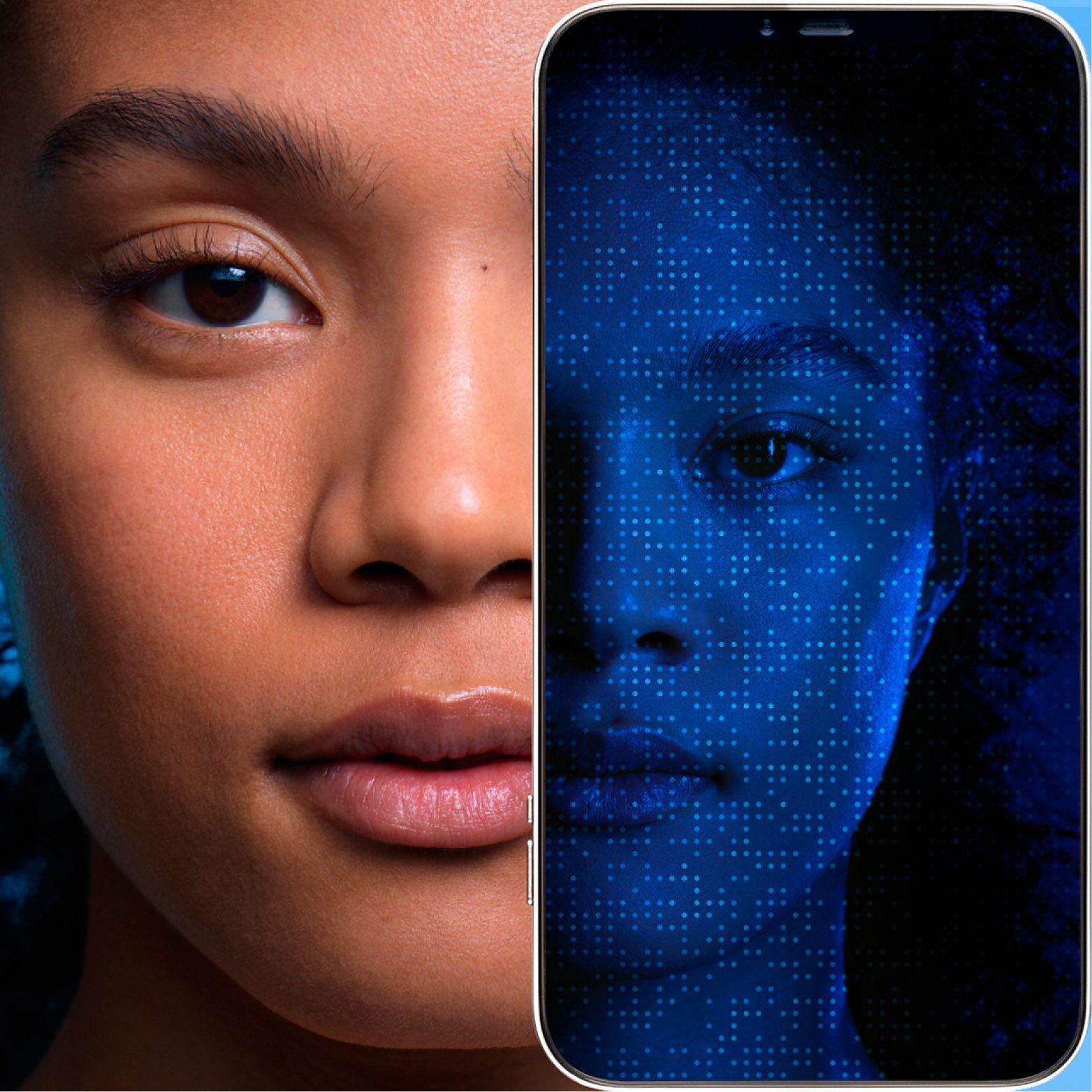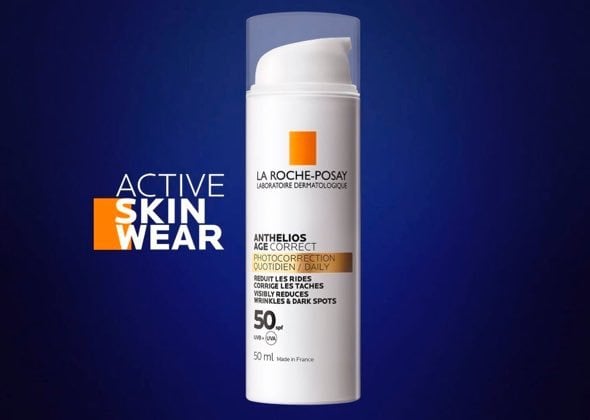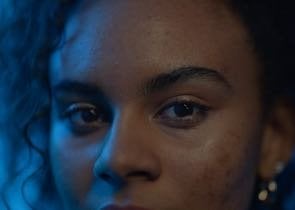Comment protéger ma peau du soleil?
Exposer sa peau au soleil, c'est aussi l'exposer aux coups de soleil, aux effets néfastes à long terme du vieillissement prématuré et aux cancers de la peau. Pour profiter du soleil en toute sécurité, privilégiez les zones ombragées de 11h à 15h et portez un chapeau, des lunettes de soleil et des vêtements couvrants. En plus de ces mesures, appliquez généreusement une crème solaire UVA-UVB à large spectre toutes les 2 heures sur les zones exposées.
En savoir plus








